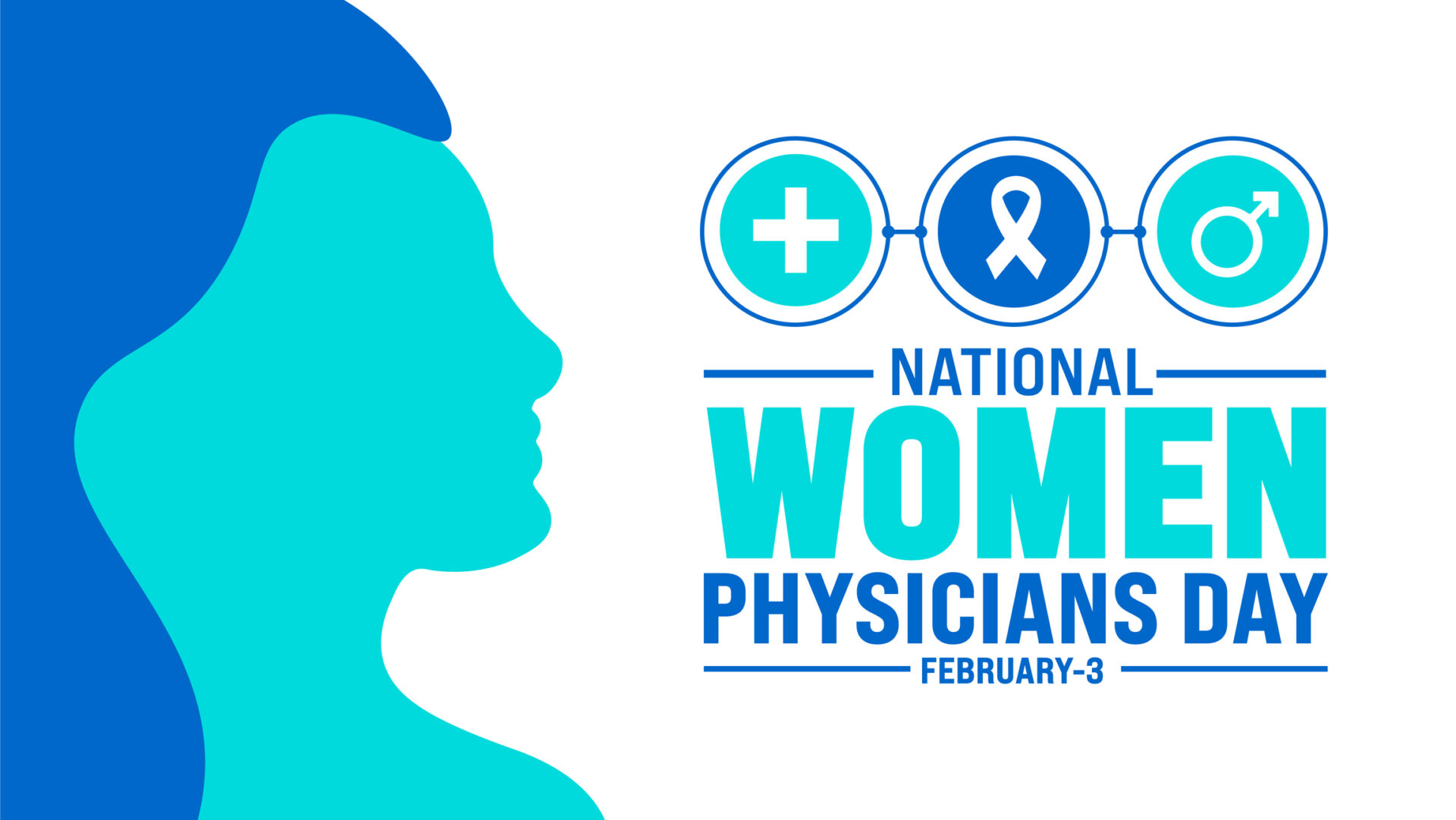Psychiatry is the medical specialty which deals with the diagnosis, treatment, and management of medical cases connected to mental disorders. Physicians specializing in psychiatry may treat anxiety disorders, eating disorders, mood disorders, personality disorders, psychotic disorders, and learning disorders, among other things. Most psychiatrists use a combination of medication and talk therapy to care for their patients; it is the ability of these individuals to prescribe medication and order lab tests, which sets them apart from psychologists, which they may be commonly mistaken for.
Physicians who practice psychiatry are called psychiatrists. Often, psychiatrists work with a multidisciplinary team. They may care for patients who also need to be seen by social workers, therapists, and other physicians.
Do you like working on a team? Does problem-solving interest you? Do you want to improve the mental health of individuals who may be struggling in this area? If so, the medical specialty of psychiatry may be a good fit for you. Continue reading below for information on educational requirements and what it’s like to practice as a psychiatrist.
Psychiatry Residency
Upon completion of their pre-medical education, those looking to become psychiatrists will need to apply for and be accepted into a residency program. Psychiatry residency programs last four years. According to data from the Accreditation Council for Graduate Medical Education (ACGME), during the 2018 and 2019 residential year, there were 6,247 psychiatry residents. Of these individuals, 1,429, or about 22.9%, identified as international medical graduates (IMGs). Such representation by IMGs puts psychiatry in the top ten IMG-friendly medical specialties.
Within the specialty of psychiatry, there are multiple subspecialties that an individual can choose to pursue. Subspecialties include addiction psychiatry, child & adolescent psychiatry, forensic psychiatry, geriatric psychiatry, hospice and palliative medicine, pain management, psychosomatic medicine, and sleep medicine. To become subspecialized in one of the areas listed above, an individual must complete a fellowship following their residency. Such fellowships last between 1 and 2 years.
Practicing as a Physician
When it comes to practicing medicine daily, most psychiatrists enjoy a healthy work-life balance and a generous income. The median income for psychiatrists during 2019 was $268,000, putting them in an income range similar to that of internal medicine practitioners.
For psychiatrists, many feel their job has meaning. 25% of those practicing feel showing up to work is easy because they know they are making the world a better place.
Interested in exploring the medical specialty of psychiatry or one of its subspecialties?







Leave A Comment